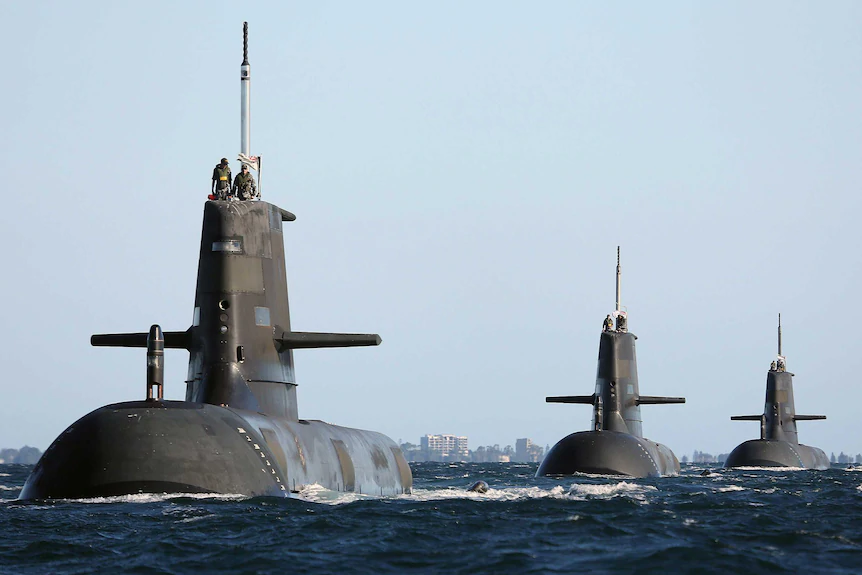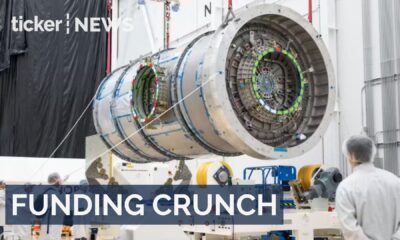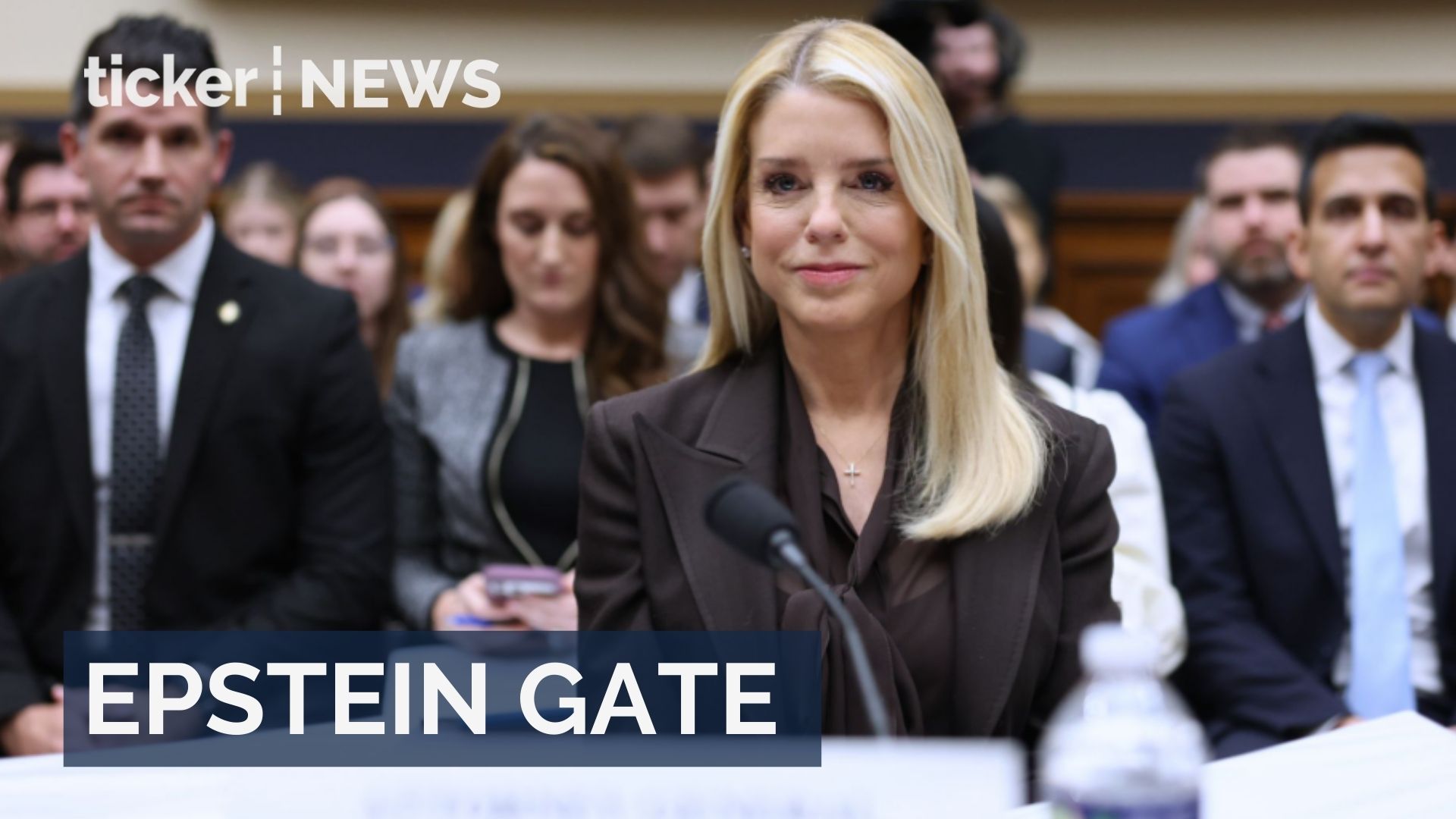The Australian Government has declared a historic Trilateral deal with the United States and the United Kingdom that will see a new fleet of nuclear-powered submarines
As part of the new trilateral alliance between Australia, the United States, and the United Kingdom, Australia will have the technology and capability to deploy nuclear-powered submarines. However, what is a nuclear submarine and how does it differ from its diesel rival?
What is a nuclear submarine?
The most important thing to note about this defence deal is a nuclear-powered submarine is not a nuclear weapon. The key difference between a nuclear submarine and a diesel submarine is the way they’re powered.
Submarines with nuclear propulsion systems have a limitless range, are less detectable, and are faster. Reports suggest nuclear submarines can reach speeds of 55 kmh in comparison to conventional submarines’ speeds of approximately 15 kmh.
A nuclear submarine would give the Australian navy the ability to patrol the Indo-Pacific for a longer time and farther, venturing as far north as Taiwan.
Each nuclear submarine draws power from its own onboard nuclear reactor.
“At the heart of every atom is an atomic nucleus, made of protons and neutrons. The number of protons defines what chemical element that atom belongs to; nuclei with the same number of protons but varying numbers of neutrons are called isotopes of that element.”
“Some very heavy nuclei are highly susceptible to a process known as nuclear fission, whereby they split into two lighter nuclei with a total mass less than the original nucleus. The remainder is converted to energy.”
“The amount of energy released is immense, as we can see from Einstein’s famous equation, E = mc², which tells us the energy is equal to the change in mass multiplied by the square of the speed of light!”
“Reactors in a nuclear-powered submarine are typically fuelled with uranium. Natural uranium mined from the ground consists mainly of an isotope called uranium-238, mixed with small amounts (0.7%) of the key isotope uranium-235.”
AJ Mitchell, Research Fellow, Australian National University
Mitchell explains for the reactor to work, the uranium fuel must be “enriched” to contain the proportion of uranium-235. This is normally about 50% for submarines.
The fuel enrichment determines the chain reaction to ensure a consistent and safe energy output. This is a crucial factor in maintaining a chain reaction that gives a consistent, safe level of energy output.
The output occurs as heat, which the turbines used to generate electricity for the submarine.
PROS & CONS
One huge advantage of nuclear-powered submarines is they don’t require refueling. The vessels will have enough uranium fuel to last more than 30 years.
Australia wants eight nuclear submarines. It is likely to take as many as 18 months to work out details of the agreement before work on the submarines begins in Australia. Building and commissioning such nuclear-powered submarines can take years or even decades.
Nonetheless, this deal will move closer to China’s existing fleet of six Shang-class nuclear submarines, who also own an additional 50 diesel/electric submarines.
The high efficiency of nuclear power enables the submarines to operate at high speed for longer periods than conventional diesel-electric submarines. Nuclear reactions do not require air, meaning they can stay submerged at deep depths for long periods of time.
The downside of nuclear is the eye-watering cost. Estimations suggest each submarine will cost billions of dollars to build and a highly skilled workforce with expertise in nuclear science.
Australia has plenty of uranium in the ground but doesn’t have the capacity to enrich or fabricate the reactor fuel.
Where does the spent fuel go?
What will happen to the spent fuel? There are heavy debates over the waste storage and disposal options for nuclear fuel.
Australia doesn’t have a domestic nuclear industry to support the manufacturing of these vessels, unlike other countries like the US and China.
Australia will have to rely on another nation for nuclear fuel. Devil will be in the detail over the coming years.




 Ticker Views4 days ago
Ticker Views4 days ago


 Tech4 days ago
Tech4 days ago


 Ticker Views1 day ago
Ticker Views1 day ago


 News4 days ago
News4 days ago


 Ticker Views3 days ago
Ticker Views3 days ago


 News4 days ago
News4 days ago


 Money4 days ago
Money4 days ago


 News5 days ago
News5 days ago





